January 18, 2022
Cities need to open themselves up to Nature, report claims
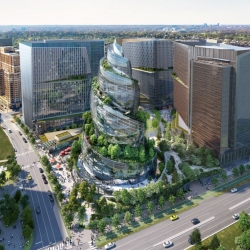 Cities contribute 80 percent to global GDP – but they also account for 75 percent of global greenhouse gas emissions. Integrating nature-positive solutions can help protect cities from growing risks associated with extreme weather while driving sustainable economic growth, according to a new study from the World Economic Forum. In collaboration with the Alexander von Humboldt Institute and Government of Colombia, WEF’s BiodiverCities by 2030 Initiative published a report addressing the urgency of cities’ untenable relationship with nature. The Initiative’s goal is to reverse this existential global threat and move forward with a plan that will result in cities and nature co-existing in harmony by the end of the decade. (more…)
Cities contribute 80 percent to global GDP – but they also account for 75 percent of global greenhouse gas emissions. Integrating nature-positive solutions can help protect cities from growing risks associated with extreme weather while driving sustainable economic growth, according to a new study from the World Economic Forum. In collaboration with the Alexander von Humboldt Institute and Government of Colombia, WEF’s BiodiverCities by 2030 Initiative published a report addressing the urgency of cities’ untenable relationship with nature. The Initiative’s goal is to reverse this existential global threat and move forward with a plan that will result in cities and nature co-existing in harmony by the end of the decade. (more…)







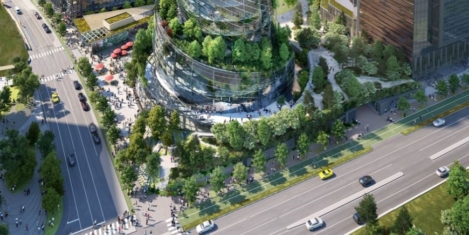

 Research from?
Research from?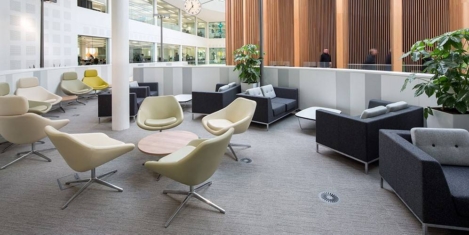
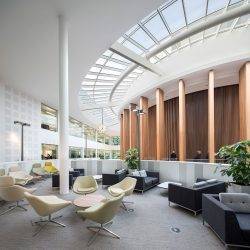 The UK Green Building Council (
The UK Green Building Council (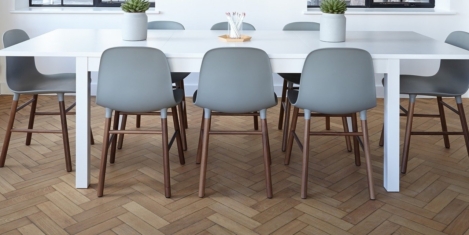
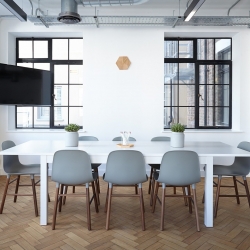

 A new guide to decarbonising public sector buildings and creating a net zero public estate has been launched by the Cabinet Office. The authors of
A new guide to decarbonising public sector buildings and creating a net zero public estate has been launched by the Cabinet Office. The authors of 
 The
The 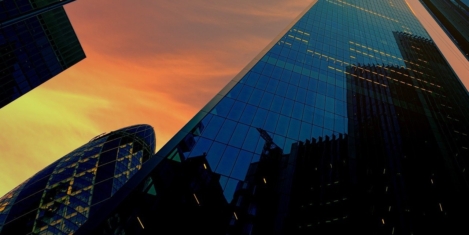
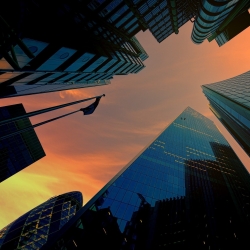 The so-called green agenda, sustainability and climate change have finally hit centre stage. Various announcements are being made by UK Government and numerous high profile figures are crying a call to action to implement carbon reduction plans now. Lord Mayor of the City of London, Alderman William Russell, stated at the
The so-called green agenda, sustainability and climate change have finally hit centre stage. Various announcements are being made by UK Government and numerous high profile figures are crying a call to action to implement carbon reduction plans now. Lord Mayor of the City of London, Alderman William Russell, stated at the 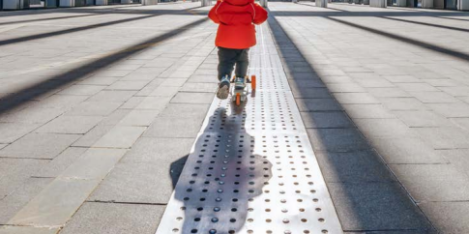
 A new research report released by
A new research report released by 
 New research from
New research from 

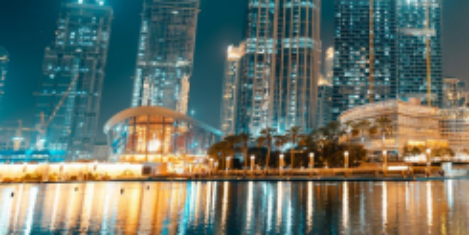
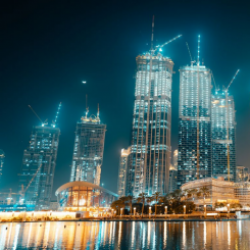 According to new research, the majority (58 percent) of built environment professionals believe the sector is already doing enough to tackle its carbon impact, despite the built environment contributing 36 percent of total global energy-related CO2 emissions, and the most recent available data highlighting that CO2 from operational energy use of buildings reached its highest level yet in 2019.
According to new research, the majority (58 percent) of built environment professionals believe the sector is already doing enough to tackle its carbon impact, despite the built environment contributing 36 percent of total global energy-related CO2 emissions, and the most recent available data highlighting that CO2 from operational energy use of buildings reached its highest level yet in 2019. 








December 6, 2021
We must wake up to the realities of workplace sustainability
by Oliver Cripps • Comment, Environment, Workplace design